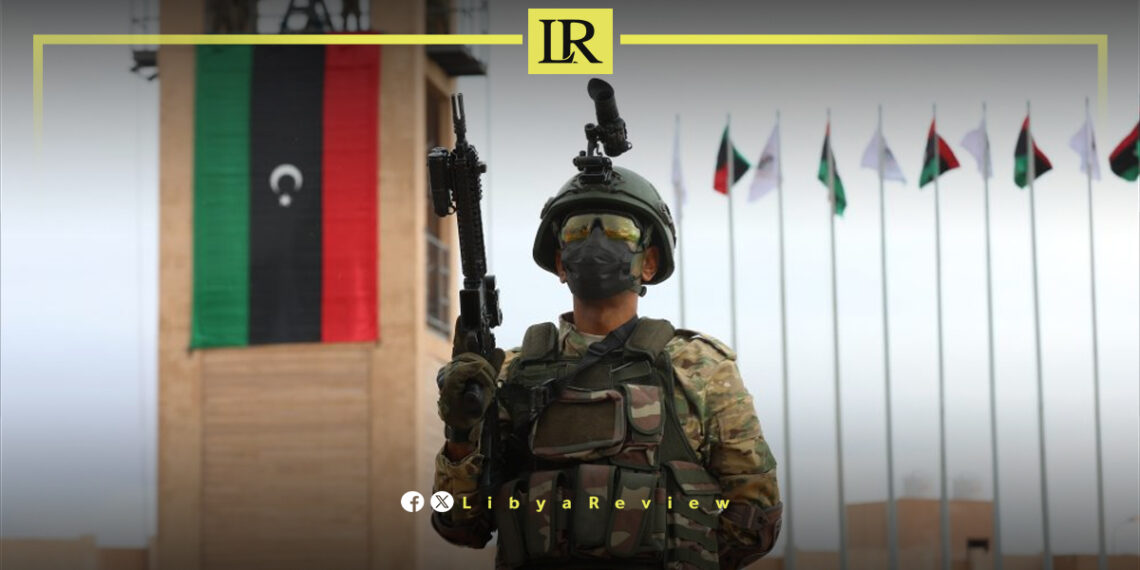The Libyan Army has been ranked 76th globally, 11th in the Arab world, and 9th in Africa, according to the 2025 Global Firepower Index, which assesses the military strength of 145 countries worldwide.
The ranking reflects Libya’s position as a mid-tier military power, shaped by years of political instability, internal divisions, and ongoing efforts to rebuild its defense capabilities.
Regionally, Egypt leads the Arab world with the strongest military, ranking 19th globally, followed by Saudi Arabia, Algeria, Iraq, and the United Arab Emirates. Globally, the United States continues to dominate as the world’s strongest military, followed by Russia, China, India, and South Korea, which holds fifth place.
Libya’s ranking in the Global Firepower Index highlights the challenges the country faces in maintaining and modernizing its armed forces.
Since the NATO-backed uprising in 2011 that toppled longtime leader Muammar Gaddafi, Libya has struggled with political fragmentation and the rise of competing governments. The lack of a unified central authority has resulted in the fragmentation of Libya’s military capabilities, with various factions controlling their own militias and resources.
The Libyan National Army (LNA), commanded by Field Marshal Khalifa Haftar, has played a prominent role in the country’s eastern regions, while western Libya is dominated by forces aligned with the Tripoli-based Government of National Unity (GNU). This division has complicated efforts to establish a unified national defense structure, limiting Libya’s ability to compete with stronger, more cohesive militaries in the region.
Despite these challenges, Libya has significant military potential. Its geographical position on the Mediterranean, coupled with its vast oil resources, gives it strategic importance. Efforts to rebuild and modernize the Libyan Army, as well as initiatives to integrate fragmented military factions, remain critical for the country’s long-term stability and security.
The Global Firepower Index uses a variety of metrics to evaluate military strength, including manpower, equipment, financial resources, logistics, and geography. While Libya’s ranking reflects its limited capabilities compared to regional and global powers, it also underscores the resilience of its armed forces in the face of years of conflict and instability.


